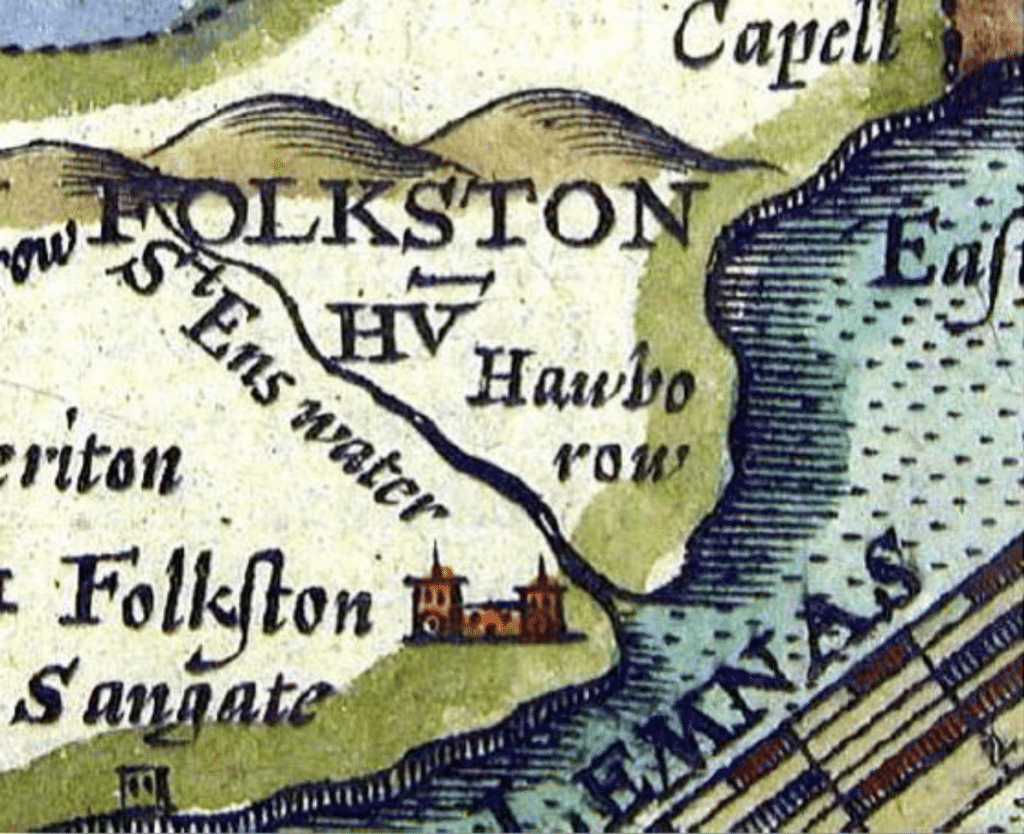
By Mark Brolly
31 March 2022
What links the Melbourne bayside suburb of Altona with one of the earliest Anglo-Saxon saints and a lead box of human remains found in a Kent church during Queen Victoria’s reign?
The answer is St Eanswythe, the granddaughter of the first English king to convert to Christianity.
The Melbourne church that bears her name is believed to be the only church outside of Kent to do so, thanks to its very first priest.
Tradition says St Eanswythe, of Kentish royal blood, founded a Benedictine priory at the Channel port of Folkestone in about 660AD. She died soon afterwards, aged in her late teens or early 20s.
Vicar of the Anglican Parish of Altona-Laverton, The Reverend Chris Lancaster has care of the St Eanswythe Altona, along with St Clement’s in Altona Meadows.
In The Melbourne Anglican in May 2020, Mr Lancaster wrote that in the 1920s the Reverend W.H. Edwardes, the first priest of the newly established parish of Altona, suggested that his new church might be dedicated to St Eanswythe. He had begun his ordained ministry in Folkestone 40 years earlier.
Altona parishioners have maintained links with Folkestone Anglicans, with the English parish donating a processional cross to its Melbourne namesake.
Read more: How Kathryn went from Christmas trips to her grandparent’s church to ordination
Mr Lancaster had written to The Melbourne Anglican about the newly released results of scientific testing of bones found by workmen in 1885. These were in a lead box hidden in the walls of Folkestone’s parish church of St Mary and St Eanswythe, probably during the Reformation.
He quoted Dr Andrew Richardson of the Canterbury Archaeological Trust as saying that the results were highly significant, possibly the only surviving remains of a member of the Kentish royal family, and one of the earliest Anglo-Saxon saints.
“And so we are left to wonder at the fruit that is still emerging from the short life and even shorter ministry of this remarkable young woman from the seventh century, as her story and her bones connect Christians from both sides of the world,” Mr Lancaster concluded.







